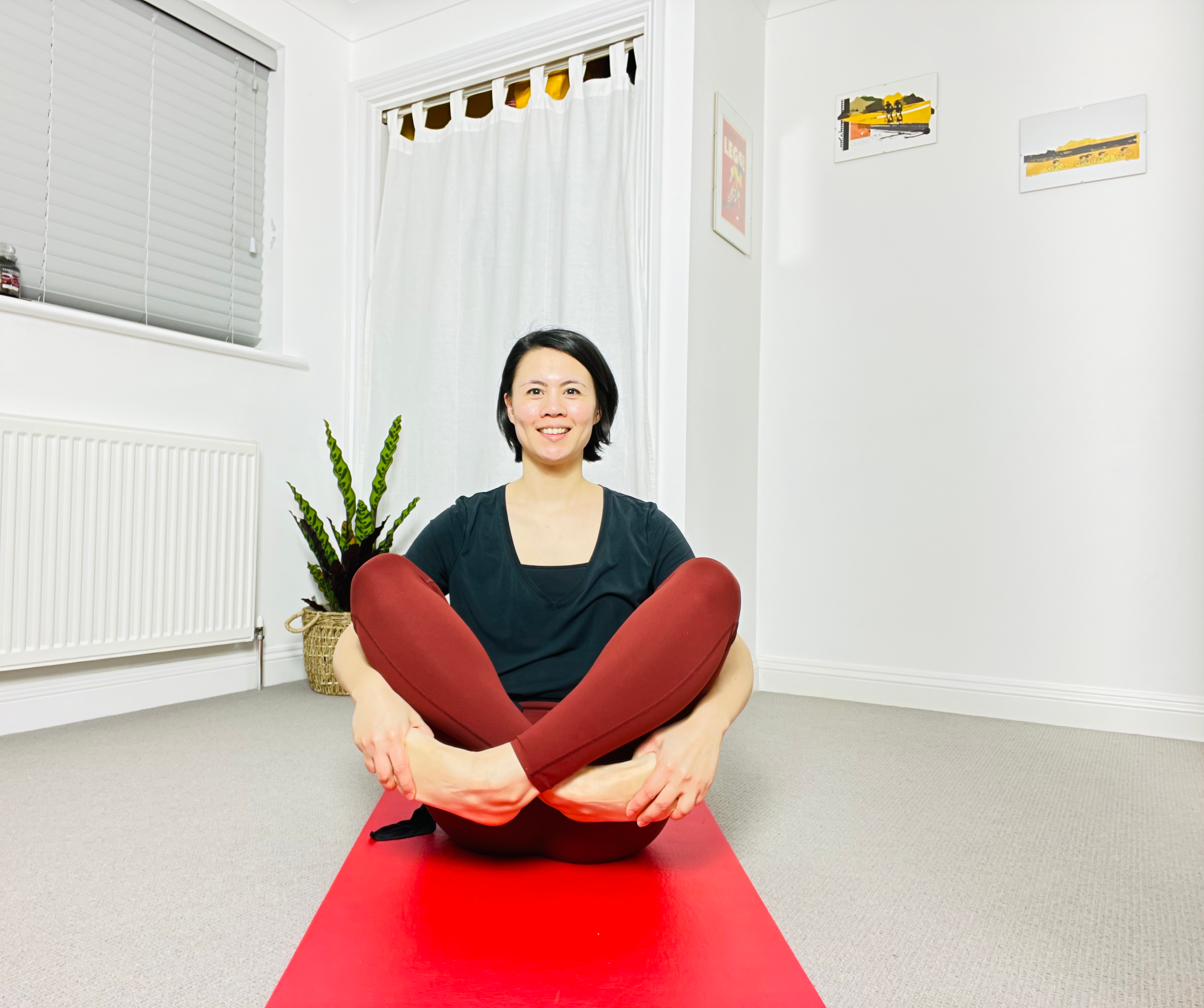Navigating Loneliness: The Challenge of Seeking Help with Ehlers Danlos Syndrome
- Jennifer Hoare

- Oct 17, 2023
- 3 min read
Introduction
Living with a chronic condition like Ehlers Danlos syndrome (EDS) can be an ongoing battle that extends beyond just managing physical symptoms. While the physical aspect of EDS is undoubtedly challenging, there is another often unspoken difficulty that many individuals face—the emotional toll of asking for help. What’s stopping you from asking for help? What makes it so challenging? This article explores the complexities of seeking assistance when living with EDS and how the fear of vulnerability can lead to isolation and loneliness.

The Burden of Chronic Conditions
Ehlers Danlos syndrome is a group of connective tissue disorders characterised by joint hypermobility, skin fragility, and various other symptoms. Managing EDS often necessitates regular medical appointments, physical therapy, and adaptive tools. Despite the undeniable need for support, individuals with EDS often grapple with the burden of feeling like they are a constant imposition on those around them.
All too often, we make it harder to ask for help because we create a list of reasons why it’s better not to ask. Do any of these sound familiar to you:
I feel like a burden
They have lots to do already
I don’t want to bother them
Things could be worse, this isn’t so bad
I can do this
They are too busy
They’ll probably say yes but they don’t really want to help
The Dilemma of Dependence
One of the most profound difficulties in asking for help when living with EDS is the constant internal struggle over dependence. This internalised stigma of being needy or burdensome might be deterring you from asking for help even when you genuinely need it. This dilemma can lead to self-imposed isolation as you cope with your condition alone.
Social Isolation and Loneliness
Avoiding seeking help when needed can lead to a dangerous path of isolation. Those who decide to face their challenges alone can become overwhelmed with stress, anxiety, and depression. Over time, the loneliness resulting from this isolation can become as detrimental to their well-being as the physical symptoms of EDS.
A Vicious Cycle
The fear of asking for help can create a vicious cycle of loneliness and deteriorating mental health. When we avoid seeking support and struggle silently, this can increase the emotional burden. As loneliness sets in, the emotional weight becomes more overwhelming, further intensifying the fear of asking for help. This cycle can be relentless and destructive.
Breaking the Silence
Breaking free from this cycle requires an acknowledgment that asking for help is not a sign of weakness but a mark of strength. It necessitates open communication with loved ones, healthcare providers, and support groups. Sharing the challenges of living with EDS and discussing your needs with others is the first step to breaking the silence that perpetuates loneliness.
Supportive Communities
One of the most powerful resources for individuals living with EDS is the support of like-minded communities. There are numerous EDS support groups both online and in person where people can share their experiences, fears, and successes. These communities serve as safe spaces for individuals to learn from one another, seek guidance, and build connections that alleviate feelings of isolation.

Conclusion
Living with Ehlers-Danlos syndrome is undoubtedly challenging, but it doesn't have to be a lonely journey. Recognising the importance of seeking support, fostering open communication, and engaging with supportive communities are essential steps in managing the emotional toll of EDS. By breaking the silence and seeking help when needed, you can find the strength to navigate your condition while fostering connections that combat the risk of loneliness. If you are unsure on how to overcome the emotional noise of asking for help? Think about using the following to get the conversation started:
“I was wondering if you have the time for…” This would conquer any concern you have that you are asking for too much.
Be clear and specific. For example, “can you give me a call tomorrow afternoon?" Feeling supported doesn’t have to be all or nothing. Think small. Don’t wait until you are in crisis. What little thing could they take off your plate?
"I feel uncomfortable asking, but…" Name the emotion that you are feeling and share it with the person. This might take the pressure off the part of you that doesn’t feel comfortable asking.
Whether you have a chronic condition or not, we all need help at times. If you are willing to help those you love, you can be certain they want to support you too. People want to make a difference in peoples lives and they feel good when they are able to help others. It gives your loved ones a sense of purpose. Asking for help can lead to meaningful experiences and strengthen relationships. Remember, it's okay to ask for help, and doing so can be the first step toward a more fulfilling life despite the challenges of EDS.
So, what are you waiting for?


Comments